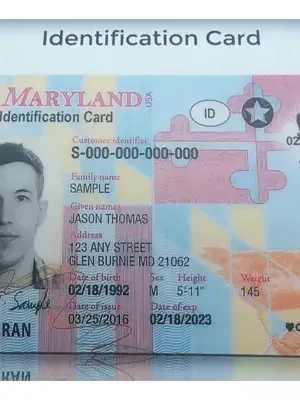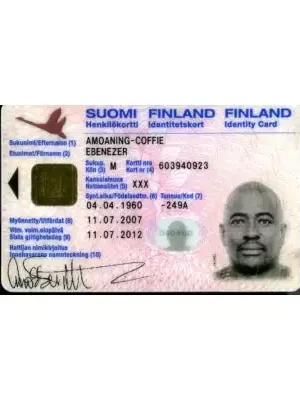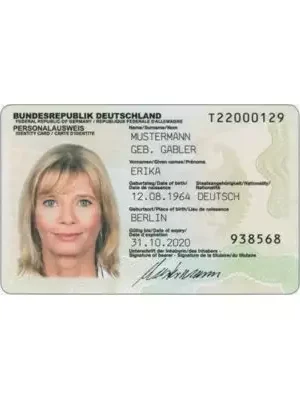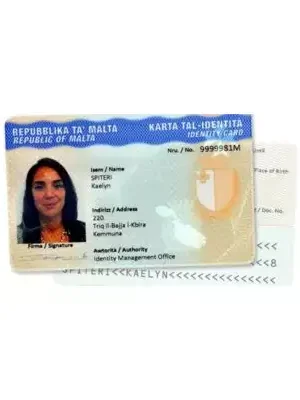+49 1523 1635788 info@documentshome1.com
BELGIAN ID CARD
$1,000.00
BELGIAN ID CARD
As of 2020, over 28 million Thales’ Belgian ID cards have been issued in the country.
Initiated in 2003, the BelP program has reached 100%
Description
BELGIAN ID CARD
As of 2020, over 28 million Thales’ Belgian ID cards have been issued in the country.
Initiated in 2003, the BelPIC (Belgian Personal Identity Card Project) program has reached 100% of its population targets at the end of 2011. Where to buy real registered Belgium Identity cards
The polycarbonate credit card-sized document is the national identification card in the country, the official and mandatory ID document for Belgian citizens over 12. how buy legit and fake documents
The second generation of electronic ID cards is now being deployed since 2014, and over 2 million cards are delivered per year.
THE NEW BELGIAN ID CARD (2020)
According to Home Affairs minister Pieter De Crem’s cabinet in November 2018, fingerprints will need to be added to ID cards by October 2019 to better fight fraud.
This is in line with the EU proposal of April 2018 on strengthening the security of identity cards of Union citizens. Approved by the European parliament in April 2019, the proposed regulation was ratified in June 2019.
The new model with two fingerprints was officially launched at the beginning of 2020 in a pilot in Lokeren. If the pilots planned in 25 cities run well, the national roll-out will take place in March.
Discover its new look and feel in L’Echo dated 14 January 2020.
THE BELGIAN MOBILE ID SCHEME
Also, an advanced mobile authentication solution is securing Belgium’s fast-growing itsme® Mobile ID scheme, which offers the convenience of a single enrollment, log-in, and signature process for numerous different online services.
The app is certified for eIDAS (EU electronic ID standards) and can be used to meet PSD2 (EU open banking regulation) and GDPR (EU privacy protection) requirements.
In May 2018, a year after its launch, the mobile ID scheme already had 350,000 users and was processing one million transactions/month. As an average, a user does six banking transactions and three e-government transactions per month.
Launched with the backing of four leading banks and three of the country’s biggest telecoms operators, this pioneering initiative aims to a significant part of the Belgian population in the years to come.
eid belgium
Part of the Belgian web site dedicated to the national identity cards and its applications;
THE 3 BELGIAN ID CARDS
The ID cards are classed as electronic since they have an electronic microprocessor.
The Belgian ID card contains two certificates: one for authentication and one for electronic signature. Some information is listed both on the card and on the chip, while other information is only on the micro-controller (such as the address). The ID1 card (credit card format) shows the holder’s portrait, name and surname, date, and place of birth, gender, nationality, Belgian ID card number,
validity, signature, and the National Register number (unique identification number given at birth), and place of issuance. It is to be carried (compulsory) from the age of 15 with a price of 25 Euros on average. The new Belgian ID card includes 2 fingerprints stored in the chip.
The residency card is a card without a chip for the part needed for travelling abroad, and with a chip (on the back) to offer residents the same access rights to online services as Belgian citizens. The card is dedicated to all foreigners (non-EU or Swiss) residing in Belgium.
The Kids-eID allows children under 12 to be identified rapidly, either within or outside Belgian borders. It is, therefore, a secure identity and travel document. Other uses can be developed, for example, to register or for identification at school, swimming pools, libraries, etc. Emergency service is also linked to the card. An alert can be sent out if the child has a problem or is in danger. If they so wish, parents can link this central number to a list of telephone numbers that can be reached in case of an emergency. The cost is around 10 Euros depending on the area. This secure document is not compulsory and will not include fingerprints. The card design stays unchanged.More on identity cards for kids here: Kids-ID.
A KEYSTONE OF THE BELGIAN EGOVERNMENT
The government issued ID has become a pillar of the Belgian eGovernment initiative.
The country’s eGov strategy aims to create a single virtual Public Administration while respecting the privacy of users, as well as the specificities and competences of all Government bodies and administrative layers. Its main objective is to improve the delivery of public services for citizens and businesses by rendering more convenient and more open.
The national eID card has become a familiar tool for interaction between citizens and the authorities, to secure online transactions and facilitate e-business.
So what’s the story here?
800 EGOV APPLICATIONS ON LINE
Over 800 public applications are available. As of August 2016, 72,4% of users are using on-line authentication with the national eID, 17,9% using a paper token (based on the principle of one-time password), and 9% with another method.
In 2016, more than 30 million secure transactions have been done by 3,6 million users with their smart personal identity card according to FEDICT, part of the Federal Service Policy and Support.
In 2016, monthly authentication requests ranged from 1.6 with a peak of 4,2 million in June 2016.
Why is it important?
Belgium is starting to reap the digital dividends of such a national eID scheme.
For example, in 2015, 67% of all new companies created in the Kingdom were done on-line – source Fedict 2015 annual report.
Belgian citizens can also use their eID cards to report crimes directly over the Internet, to the federal police. Following successful feasibility studies, crimes such as vandalism, shoplifting, and bicycle thefts can be reported in just a few clicks.
The citizen reporting the crime is identified by his/her secure eID card. The process saves significant time compared to the traditional lengthy process of reporting crime at police stations, which takes an average of two hours.
Belgian ID card
The ID card also serves as a civil servant ID for identification and electronic signature. In particular, as of March 2019, The electronic signature is used by all the 589 national registries and 102 consular posts to issue birth and marriage certificates or extracts. Visit Brussels electronic desk (eDesk).
The scheme is part of the Belgian government’s plan to simplify the country’s administrative processes.
PERSONAL IDENTITY CARDS TO ACCESS NEW SERVICES
Belgian citizens have a single, sovereign identity. They also have a single trusted digital identity why provides citizens with access to all services.
In the background, privacy protection operators are actively working to protect privacy, and control flows and the barriers between different areas. This essential pragmatism has generated spectacular savings in terms of the costs of managing and using secure eID cards.
Pragmatism and consultation with all parties involved have been the keystones for the success of this program. But probably the most remarkable aspect is that Belgium wasted no time by becoming engaged in ideological struggles on data protection.
Security is not a way to better lock up the past, but to open the door to a safer future.
It is not data that is being protected, but data flow because we know that we need to prevent the misuse of such flows from beginning to end.
In essence: modernity for citizens without ideologies.
In particular, this is founded on excellent regional cooperation, expanding the scale of achievements by investing in all local social services.
PLEASE, DON’T ASK ME TWICE!
The law, passed in Belgium in 2014, also represents an essential step forward in the move towards e-government in which the customer, whether it be a citizen or company, stands at the centre of affairs.
Via “authentic sources”, such as the Belgian National Register or the Banque Carrefour des Entreprises (healthcare), federal public services can find much of the data that they need.
But it still occurs more often than it should that citizens or companies are asked to submit the same information several times to different federal public services. This means having to do things twice, both for customers and government services.
The new law prohibits services from re-requesting data from citizens and companies that are already available from the federal authorities in usable electronic form. They must, to the extent it is possible to do so, search for and re-use existing data from accessible databases.
The re-use of available data:
decreases administrative costs
improves the services provided
increases the efficiency of the Federal Government.
To identify citizens in data from authentic sources, federal public services must use the National Register number. For companies, this is the company registration number.
Of course, such use is strictly limited to that necessary to accomplish their tasks. (Source Fedict)
COST SAVINGS FOR CITIZENS AND BUSINESSES
Digital use, digital savings, and digital openness indexes can be found on Belgium’s digital dashboard in English.
Major eGov applications include Tax-On-Web, Police-On-Web, eBirth, Electronic Service Cheques, My File, and MyRent are being monitored, and savings measured year after year.






Reviews
There are no reviews yet.